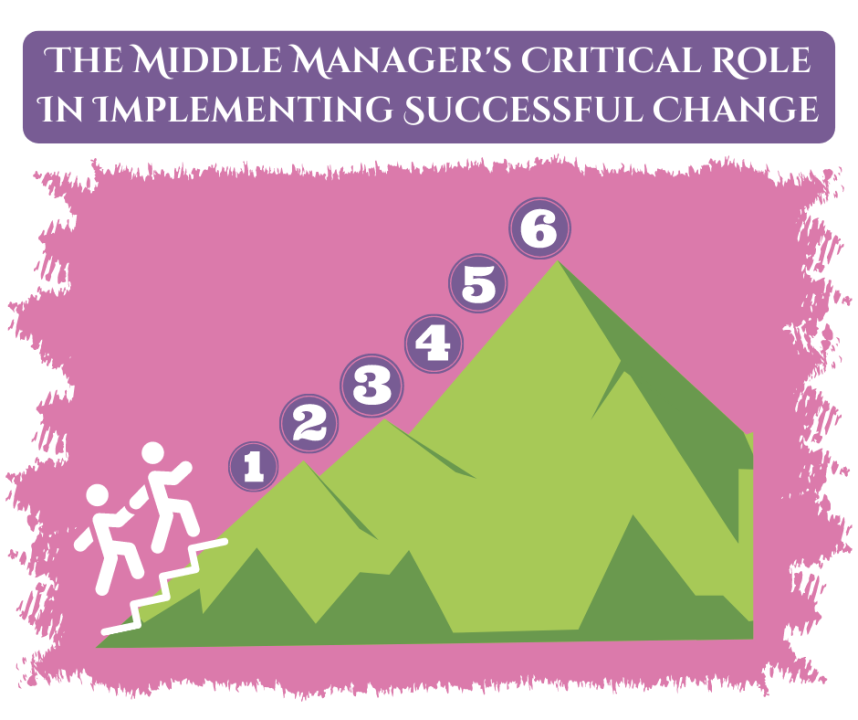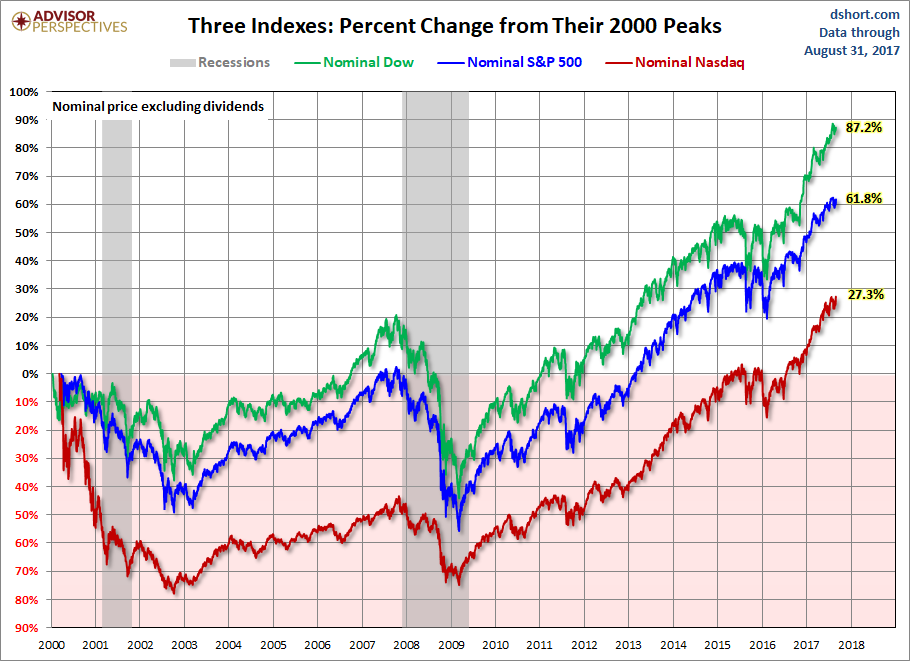The Crucial Role Of Middle Managers In Boosting Company Performance And Employee Satisfaction

Table of Contents
Bridging the Gap Between Leadership and Employees
Middle managers serve as the vital link between senior leadership and frontline employees. Their effectiveness in communication and mentorship directly impacts team morale and productivity.
Effective Communication and Information Dissemination
Middle managers are responsible for translating complex, top-down strategies into actionable tasks for their teams. This requires clear, concise, and consistent communication. Effective communication flows both ways, ensuring feedback reaches leadership and keeping employees informed and engaged.
-
Effective Communication Strategies:
- Regular team meetings to discuss goals, progress, and challenges.
- Open-door policies to encourage open dialogue and feedback.
- Utilizing collaboration tools (e.g., Slack, Microsoft Teams) for seamless information sharing.
-
Negative Consequences of Poor Communication:
- Decreased productivity due to confusion and lack of clarity.
- Increased employee frustration and decreased morale.
- Missed deadlines and project failures.
Mentoring and Development
Effective middle managers act as mentors and coaches, guiding employee development and fostering career progression. This investment in human capital improves employee retention and boosts overall performance.
-
Mentorship Programs and Opportunities:
- Formal mentorship programs pairing experienced employees with newer ones.
- Providing access to training courses and professional development opportunities.
- Implementing regular performance feedback sessions focused on growth and improvement.
-
Positive Impact of Mentorship:
- Increased employee engagement and loyalty.
- Improved skill development and higher performance levels.
- Reduced employee turnover and associated costs.
Driving Operational Efficiency and Productivity
Middle managers play a crucial role in optimizing workflows and maximizing team productivity. Their ability to effectively allocate resources and monitor performance directly impacts the bottom line.
Resource Allocation and Optimization
Efficient resource allocation is key to operational success. Middle managers must effectively delegate tasks, prioritize projects, and utilize available resources to maximize output.
-
Effective Resource Management Techniques:
- Strategic task delegation based on employee skills and expertise.
- Prioritizing projects based on urgency and importance.
- Utilizing productivity tools (e.g., project management software) to streamline workflows.
-
Negative Consequences of Poor Resource Management:
- Wasted resources leading to increased costs.
- Missed deadlines and project delays.
- Increased stress and burnout among team members.
Performance Monitoring and Improvement
Middle managers are responsible for setting clear goals, monitoring progress, and identifying areas for improvement. This involves utilizing various performance management tools and techniques.
-
Performance Management Tools and Techniques:
- Establishing clear Key Performance Indicators (KPIs) aligned with company goals.
- Conducting regular performance reviews with constructive feedback.
- Implementing regular check-ins and progress meetings.
-
Impact of Effective Performance Monitoring:
- Improved team performance and overall company success.
- Early identification and resolution of performance issues.
- Increased accountability and ownership among team members.
Fostering a Positive and Engaging Work Environment
Creating a positive and supportive work environment is crucial for employee satisfaction and retention. Middle managers play a significant role in building team cohesion and promoting employee well-being.
Building Team Cohesion and Collaboration
Middle managers are responsible for fostering a strong team dynamic, encouraging collaboration, and resolving conflicts effectively.
-
Team-Building Activities and Recognition Programs:
- Organizing team-building events to strengthen relationships and boost morale.
- Implementing recognition programs to acknowledge individual and team achievements.
- Establishing clear processes for conflict resolution and communication.
-
The Link Between Team Cohesion and Productivity:
- Increased productivity and efficiency due to enhanced collaboration.
- Improved communication and reduced misunderstandings.
- Higher job satisfaction and reduced employee turnover.
Promoting Employee Well-being and Engagement
Supporting employee well-being and creating an engaging workplace is paramount. Middle managers can implement initiatives that promote a healthy work-life balance and address employee needs.
-
Initiatives Promoting Employee Well-being:
- Offering flexible work arrangements where appropriate.
- Providing access to mental health resources and employee assistance programs.
- Promoting work-life balance initiatives (e.g., wellness programs, flexible hours).
-
Impact of Employee Well-being on Company Performance:
- Increased employee engagement and productivity.
- Reduced absenteeism and employee turnover.
- Improved company reputation and employer branding.
Conclusion
In conclusion, the crucial role of middle managers in boosting company performance and employee satisfaction cannot be overstated. Effective middle management bridges communication gaps, drives operational efficiency, and fosters a positive work environment, ultimately leading to increased profitability and a more engaged workforce. Investing in developing your middle management teams is an investment in your company's future. By focusing on effective middle management strategies, developing high-performing middle managers, and recognizing the importance of strong middle management, you can unlock significant returns in terms of improved company performance and employee satisfaction. For further reading on building high-performing middle management teams, explore resources from [link to relevant resource].

Featured Posts
-
 The Undervalued Asset Why Middle Management Matters
Apr 24, 2025
The Undervalued Asset Why Middle Management Matters
Apr 24, 2025 -
 The Post Roe Landscape The Significance Of Over The Counter Birth Control
Apr 24, 2025
The Post Roe Landscape The Significance Of Over The Counter Birth Control
Apr 24, 2025 -
 India And Saudi Arabia Joint Venture Two New Oil Refineries Planned
Apr 24, 2025
India And Saudi Arabia Joint Venture Two New Oil Refineries Planned
Apr 24, 2025 -
 Landlord Price Gouging In The Wake Of La Fires A Selling Sunset Star Weighs In
Apr 24, 2025
Landlord Price Gouging In The Wake Of La Fires A Selling Sunset Star Weighs In
Apr 24, 2025 -
 Stock Market Today Dow Jumps 1000 Points Nasdaq And S And P 500 Surge On Tariff Hopes
Apr 24, 2025
Stock Market Today Dow Jumps 1000 Points Nasdaq And S And P 500 Surge On Tariff Hopes
Apr 24, 2025
